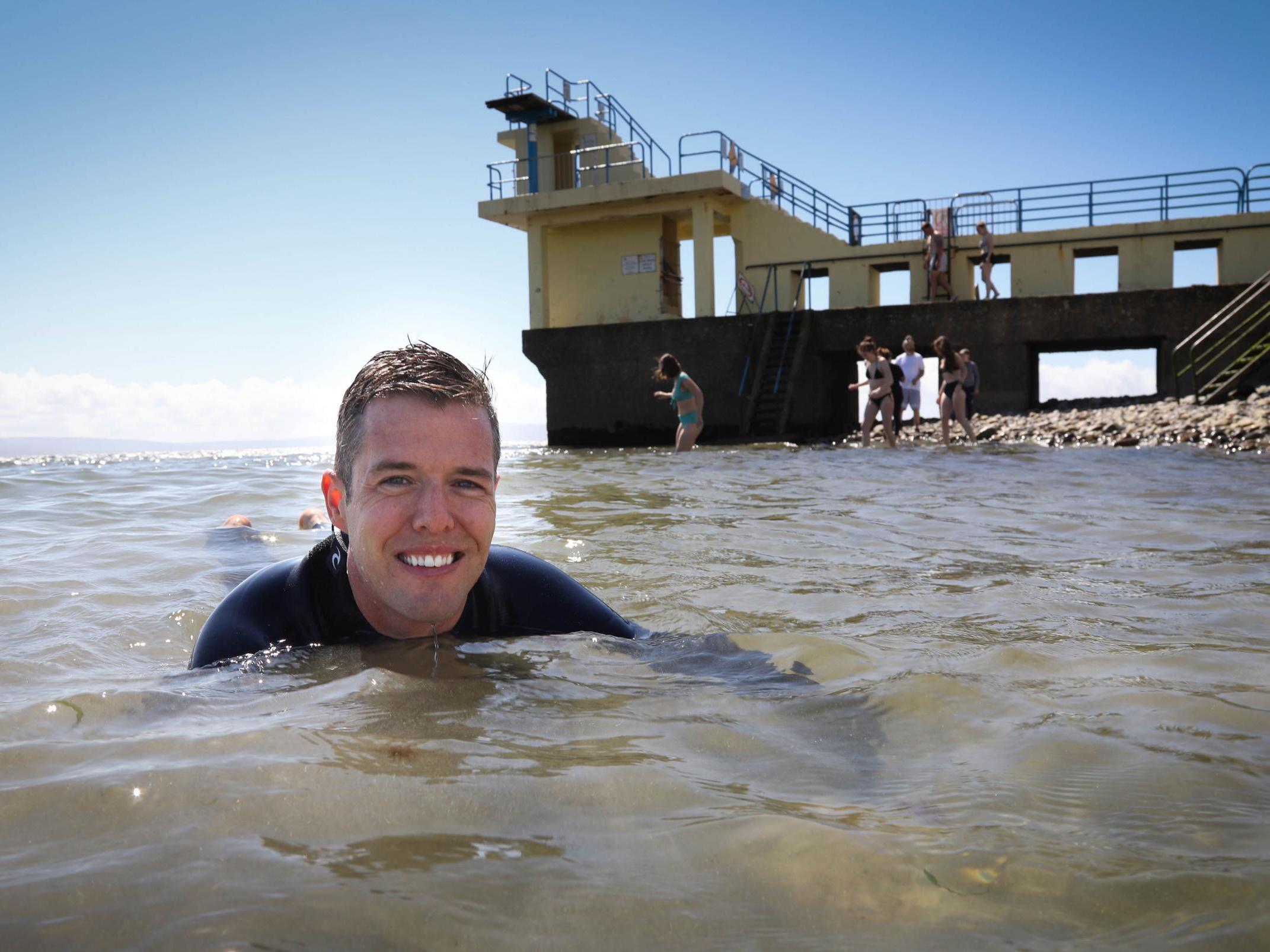Dangers of antibiotic-resistant superbugs living in rivers, seas and lakes where people swim to be studied by researchers
Scientists hope to test 300 volunteers as part of project

Your support helps us to tell the story
From reproductive rights to climate change to Big Tech, The Independent is on the ground when the story is developing. Whether it's investigating the financials of Elon Musk's pro-Trump PAC or producing our latest documentary, 'The A Word', which shines a light on the American women fighting for reproductive rights, we know how important it is to parse out the facts from the messaging.
At such a critical moment in US history, we need reporters on the ground. Your donation allows us to keep sending journalists to speak to both sides of the story.
The Independent is trusted by Americans across the entire political spectrum. And unlike many other quality news outlets, we choose not to lock Americans out of our reporting and analysis with paywalls. We believe quality journalism should be available to everyone, paid for by those who can afford it.
Your support makes all the difference.Researchers at a university in the Republic of Ireland are calling on the public to take part in a study which will examine whether recreational waters contain dangerous antibiotic-resistant superbugs.
The study is being launched after the team found potentially deadly bugs in the waters around Galway.
Scientists at NUI Galway want 300 people to volunteer for the project, which will also explore how superbugs get into human populations.
The team of researchers plan to test two different groups of 150 people, one made up of those who regularly use lakes, rivers or seas, the other comprising those who rarely enter the water.
Dearbhaile Morris, the lead investigator on the project, said that antibiotic-resistant bacteria are often harmless, unless they get into a wound, the bladder or the blood.
"This mostly happens in sick or vulnerable people with weaker immune systems, such as those in intensive care, the very old or the very young, and special antibiotics are then required for treatment, as ordinary antibiotics do not work," she said.
Dr Liam Burke, who will also be working on the study, said that superbugs are common in recreational water because of the increased use of antibiotics in humans and animals, and because sewage and manure ends up there.
Despite the country having some of the cleanest bathing waters in Europe, raw sewage is still being released in more than 30 places.
Dr Burke added: "If hospital waste ends up in the sea, it will more than likely contain antibiotic-resistant bacteria or a slurry stream from a farm ends up getting into the water or river, then there is potential for that to contain a high level of antibiotic-resistant bacteria.
"As the superbugs have been exposed to antibiotics, they needed to develop a mechanism to resist it. They don't cause problems in healthy people if they stay in the gut, but if they get out of your gut by not practising good hygiene, then you could spread them around the home.
"A young child or elderly person could then pick it up."
Anyone over the age of 18 in Ireland can take part in the study.
Join our commenting forum
Join thought-provoking conversations, follow other Independent readers and see their replies
Comments